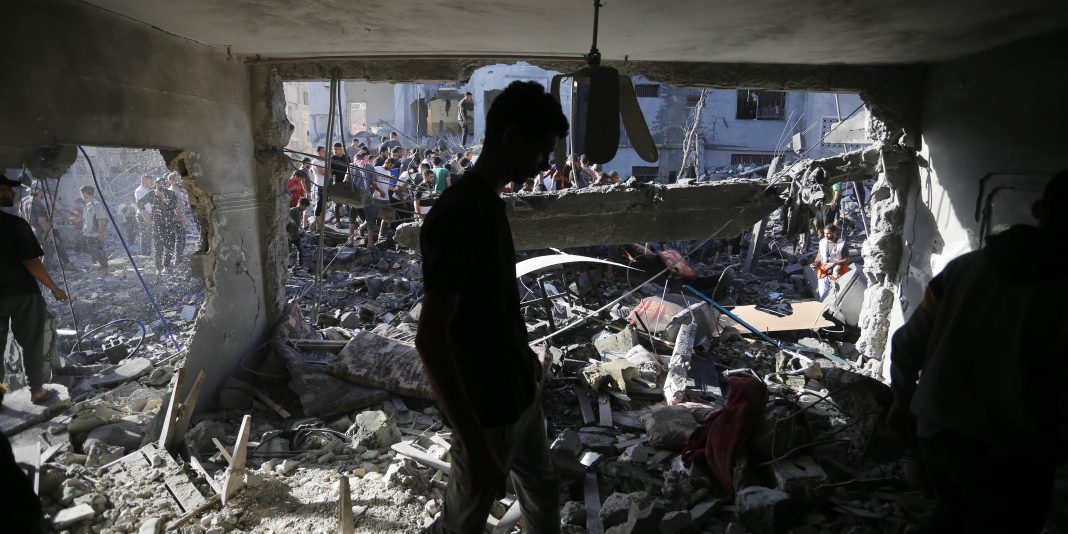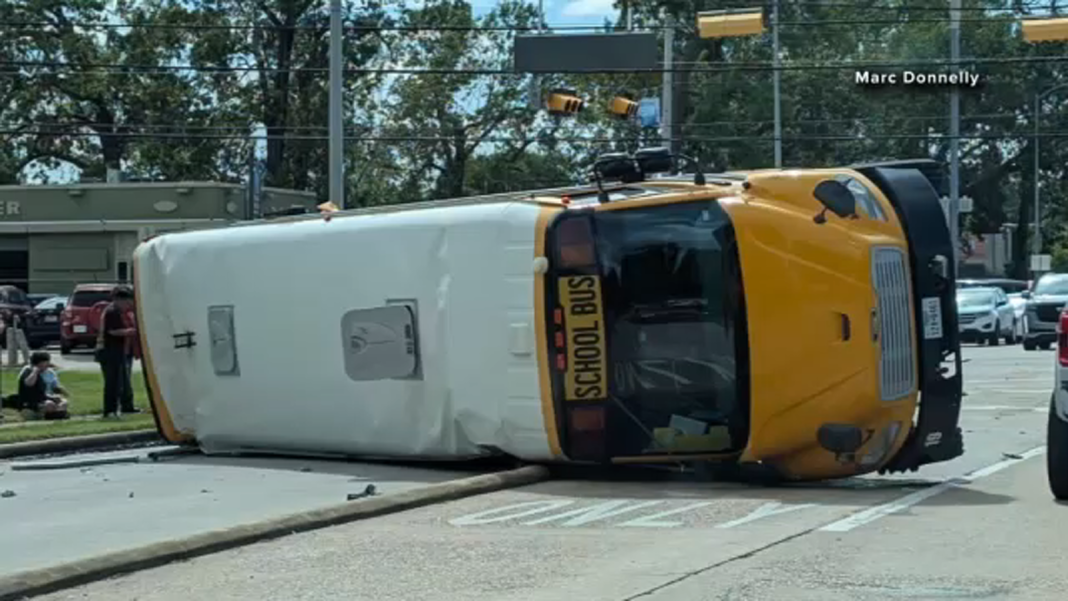Columbia University has faced criticism and pressure from Congress regarding its handling of student protests against Israel’s war on Gaza. Initially, the university stated that most of the arrested students would be allowed to return to campus for the fall semester. However, a congressional inquiry led by Republican Representative Virginia Foxx accused the university of being too lenient and issued a subpoena for internal records. Foxx claimed that the university had “waved the white flag in surrender” and referred to the protesters as “antisemites.” As a result, the university fast-tracked the disciplinary hearings for dozens of student protesters, bypassing the usual investigation process. This move, which includes canceling scheduled interviews with students, is seen as a response to external pressure from Congress.
Katherine Franke, a professor at Columbia Law School, believes that the university’s decision to move the cases to a hearing without interviewing the students is unprecedented and likely a result of the congressional subpoena. The university’s president, Minouche Shafik, stepped down shortly before Foxx issued her statement and has been replaced by interim President Katrina Armstrong. The university claims that the disciplinary process is ongoing for many students involved in the protests and that they have been working to expedite the process.
Contrary to Foxx’s criticism, Franke argues that the university has already imposed significant punishments on the students. Over 70 students accused of camping on school grounds and occupying Hamilton Hall were placed under interim suspension, evicted from university housing, and barred from campus. Some students also faced disciplinary probation, freezing their academic records and preventing them from registering for classes or applying to graduate school. While the majority of suspensions were lifted over the summer, a dozen students still remain under interim suspension or probation.
The upcoming disciplinary hearings, which will be handled by the University Judicial Board, will cover more than 70 students accused of involvement in various protests and occupations on campus. Although most students will be allowed to return to campus when classes resume, the hearings are expected to continue into the fall term and may result in further punishment.
Franke points out that the university’s treatment of the current protesters is much harsher than in previous instances of student activism. Students who participated in protests against South African apartheid in 1985 and for the creation of an ethnic studies department in 1996 did not face suspensions or sanctions.
The crackdown on pro-Palestine protests at Columbia began in November when the school suspended campus chapters of Students for Justice in Palestine and Jewish Voice for Peace. Subsequently, four students were suspended for hosting an unapproved rally featuring a speaker allegedly affiliated with a designated terrorist organization. The disciplinary process for the students involved in the protests and occupations began just as the summer break started and has been plagued with issues.
Students and faculty have accused university administrators of failing to follow their own rules in punishing students. They claim that the university has sanctioned students without due process and created new rules that divert protest-related cases to an office that primarily handles academic integrity violations. After objections from students, faculty, and the University Senate, the cases were eventually reassigned to the school’s rules administrators.
The university hired an outside investigator, Omar Estrada Torres, to handle the investigations. However, faculty members advising the students have alleged that Torres’s investigation has been riddled with incompetence and violations of state and federal law. They claim that Torres used illegally obtained evidence in interviews with students and failed to redact personal information in violation of privacy laws. The faculty members argue that the charges brought against the students are vague and lacking evidence, and that the university is attempting to force students to incriminate themselves.
The political climate surrounding pro-Palestine protests has allowed Columbia’s existing policies to be used against students suspected of supporting Palestine. One student, who was accused of violating campus security measures, had their academic record frozen while awaiting a hearing. The student, an international student from Lebanon, insisted that they were not on campus during the alleged incident but was instead visiting family in Lebanon during Israeli military bombardments. Professor Franke believes that some pro-Israeli students are weaponizing the disciplinary process to harass their classmates, and the university is allowing this intimidation to occur.
Overall, the situation at Columbia University highlights the tension between student activism and university disciplinary processes. The university’s response to external pressure from Congress has raised concerns about due process and the fair treatment of students involved in protests. The ongoing disciplinary hearings will determine the fate of the accused students and may have long-lasting implications for their academic careers.


